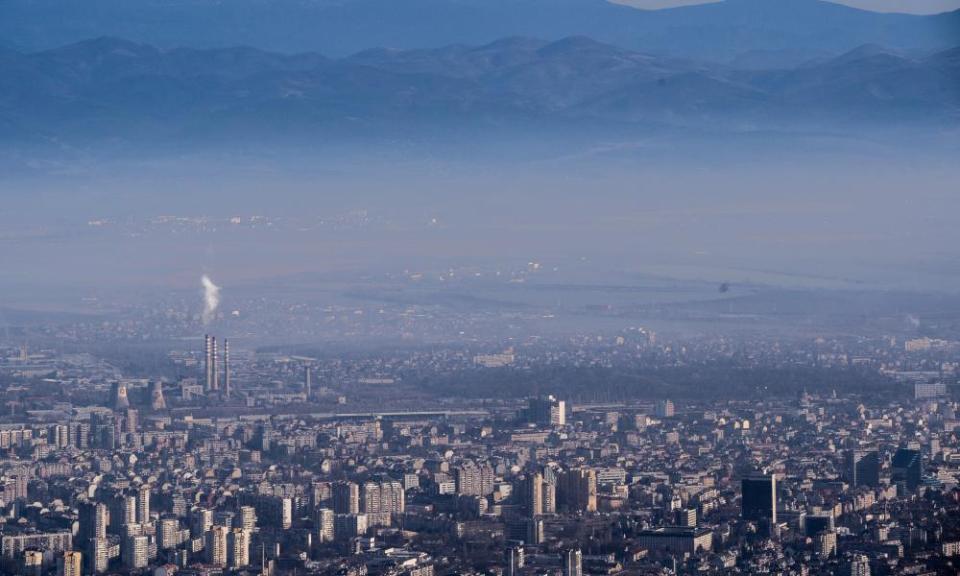How better air could save tens of thousands of lives a year in UK

Improving the air that we breathe is an opportunity for our politicians to save lives and for each of us to have better health.
In September the World Health Organization (WHO) revised its guidelines for air quality. Following this announcement, two studies have estimated the health benefits from implementing these guidelines across Europe.
The first study came from the European Environment Agency. It found at least 177,300 early deaths in 2019 could have been avoided if EU countries met the new WHO guidelines. The UK would have saved 17,200 people in 2019, representing nearly half of the 35,700 pollution-related deaths that year.
The second study was carried out by Barcelona’s Institute for Global Health. It focused on more than 1,000 European cities. These are home to 168 million people. Here, 109,000 early deaths could have been avoided in 2015 if the new guidelines had been met for particle pollution. Another 57,000 early deaths could have been prevented if the new guidelines for nitrogen dioxide were achieved.
Prof Mark Nieuwenhuijsen, who led the European cities study, said: “Our cities are hotspots of air pollution, but also the places for the quickest and best ways to reduce it. Cities are generally more conscious of the problem and more agile in taking decisions.
“We urgently need to shift private car use to public and active transportation. We can do this by introducing new urban models like the 15-minute city, superblocks or car-free neighbourhoods.”
Much has been achieved already. Between 2005 and 2019, the health burden from breathing polluted air across the EU reduced by almost a quarter of a million early deaths a year. For the UK, the change was an additional 21,060 avoided deaths annually.
The two studies show what could be achieved by more ambitious action. The benefits are not only a reduction in early deaths.
Prof Bert Brunekreef from Utrecht University, a member of the WHO Guideline Development Group, said: “Even in relatively clean countries, exposure to air pollution leads to serious health effects. These include premature deaths, but there also effects occurring throughout life: from low birthweight and pneumonia among young children to asthma, heart disease and lung cancer later in life.
“It will take major efforts, sustained over a decade or more, to achieve the new guidelines. We must remember that the previous WHO guideline for particle pollution was initially seen as unachievable, but it has now been reached, or is within reach, in many densely populated areas in the world.”

 Yahoo Finance
Yahoo Finance 